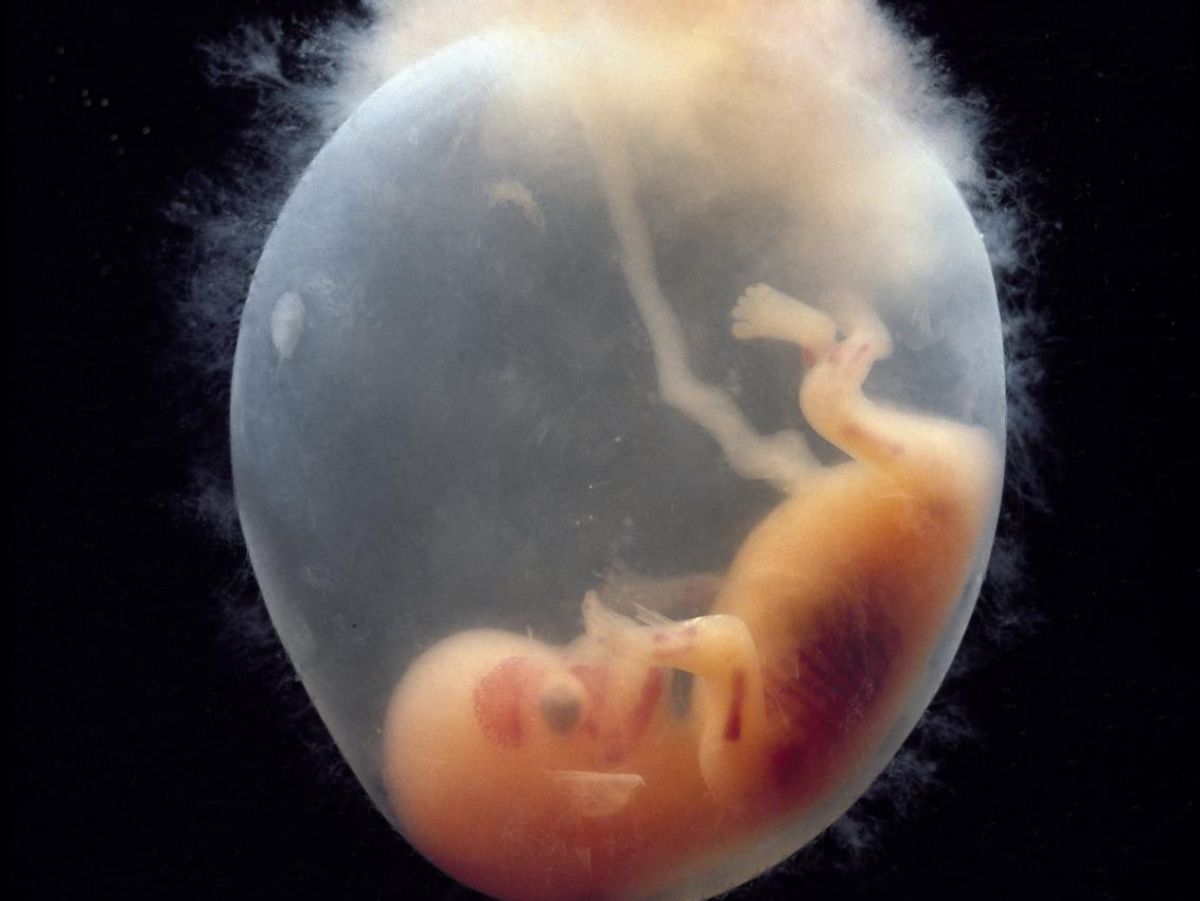One last effort and that's it, the fetus that had been living in its mother's uterus for months becomes a baby. The temperature changes and oxygen flows, for this new individual the moment of birth has changed everything. In its brain, embryonic stem cells destined one day to become neurons are activated and their metabolism changes, demonstrates new work on mice from Nagoya City University (Japan) published in the journal Science Advances. And surprise, depending on whether the birth is full-term or premature, their fate differs to the point of changing the genesis of new neurons later in life. This is the very first study to demonstrate a direct effect of birth on the fate of the body's stem cells.
Full-term birth causes neural stem cells to go dormant
“ It is very surprising that premature birth itself causes abnormalities in the function of neural stem cells.", notes neuroscientist Kazunobu Sawamoto, who led this work. The mice born prematurely did not show any hypoxia (lack of oxygen), ischemia (lack of blood supply), or inflammation, the scientist points out. The moment of birth is therefore solely responsible for the changes observed in the neuronal stem cells of mice, located in the heart of the brain in the subventricular zone.
When birth occurs at term, they observe that the majority of neuronal stem cells activate a gene called Glul which causes them to "go into sleep mode". This state of quiescence, as scientists call it, is essential for them to remain available to become functional neurons as they grow: this is called neurogenesis. "In humans, postnatal neurogenesis is considered to play an important role in brain development and plasticity.", the authors specify in the publication.
Read alsoSkin-to-skin contact reduces mortality in premature babies by 25%
Premature birth decreases the possibility of neurogenesis
But in premature newborns, it is another gene that is activated, mTORC1, preventing that of Glul. As a result, neural stem cells are transiently overactivated instead of entering dormancy and many begin very early their transformation into neural progenitors – the stage before the functional neuron. Preterm birth causes depletion of the pool of active neural stem cells in young adults, leading to decreased neurogenesis“, adds Kazunobu Sawamoto.
Of course, since the study was conducted on mice, the researchers cannot guarantee that these biological processes are preserved in humans. We believe this is possible", however, advances Kazunobu Sawamoto. During their work, the researcher and his team have also collected concordant clues by observing the brains of human newborns post mortem. In the subventricular zone of those who were born prematurely, they observe, just as in mice born prematurely, a significantly reduced number of neuroblasts, these "pre-neurons" essential for neurogenesis.
Read alsoWHO warns that the rate of premature babies has not decreased in ten years
However, researchers do not know whether this reduction in human newborns was due, as in mice, to hyperactivation of embryonic stem cells and the consequent exhaustion of neuronal stem cells. Considering that the young adult stage in mice is equivalent to infancy and childhood in humans, decreased postnatal neurogenesis could be a cause of worsened neurodevelopment in preterm children.", the authors conclude.
EVOLVING MYSTERY. “ Our discovery could explain why the regenerative capacity of terrestrial vertebrates, such as birds and mammals, is lower than that of aquatic vertebrates such as fish.", says Kazunobu Sawamoto. While the former, like us, pass from a state of hypoxia in the egg, water or uterus, to an influx of oxygen in the air, the latter remain in a state of hypoxia which would keep their stem cells dormant.
A potential therapeutic target to preserve neurogenesis
“ Premature infants are at high risk of neurodevelopmental disorders, the pathological mechanisms of which are not elucidated.“, comments Kazunobu Sawamoto. “ Our results suggest that decreased postnatal neurogenesis may be a cause of worsening neurodevelopmental outcomes in preterm infants.. » If their findings are confirmed in humans, the mTORC1 gene could be an interesting therapeutic target to improve the decrease in postnatal neurogenesis in these newborns, the researcher hopes.
A child is considered premature when born before approximately 8.5 months of pregnancy, or the 37the week of amenorrhea (instead of 41 for a full-term birth). It concerns 55,000 infants per year in France according to Inserm and 13.4 million newborns worldwide in 2020, or just over one in ten, according to theWorld Health Organization.

